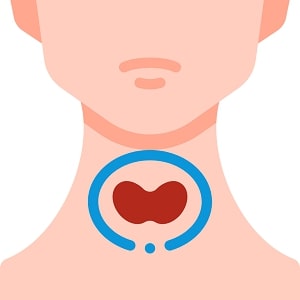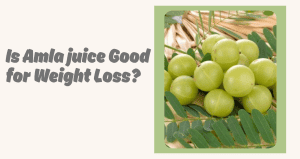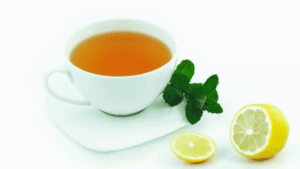WHAT IS HYPOTHYROIDISM?
The thyroid gland is a little gland with a butterfly-like form located close to the base of your front neck. It produces and stores thyroid hormones, which have an effect on almost all of your body’s organ systems. The thyroid gland releases thyroid hormones into the bloodstream in response to the thyroid-stimulating hormone (TSH) signal. When thyroid hormone levels are low, the pituitary gland, a little gland located at the base of your brain, sends this signal. Even if there is a lot of TSH, the thyroid gland in hypothyroidism doesn’t release enough thyroid hormones.
The most frequent cause of hypothyroidism in iodine-sufficient regions of the world, such as locations like Japan, is chronic autoimmune thyroiditis (Hashimoto’s thyroiditis), an autoimmune condition in which your immune system erroneously assaults your thyroid gland. Iodine deficiency, taking specific drugs, thyroid operations, acute thyroid inflammation, and medical procedures that harm the thyroid are additional reasons for primary hypothyroidism. Other times, not enough TSH is sent to the thyroid gland. It is known as secondary hypothyroidism and occurs when the pituitary gland is not functioning properly.
Extreme exhaustion to constipation is just a few of the symptoms that can occur when your thyroid isn’t functioning properly. While some hypothyroidism sufferers have severe symptoms, others have little or no symptoms at all.
NUTRIENTS TO AVOID IN HYPOTHYROIDISM
The ideal things to eat if you have hypothyroidism are whole foods like lean meats, fresh fruits and vegetables, legumes, nuts, and olive oil, as well as moderate amounts of dairy products, eggs, and complex carbohydrates. However, because they contain a number of essential nutrients that are beneficial to the thyroid, some foods are especially recommended to include in your hypothyroidism diet plan.
- IODINE
A lack of iodine, an important mineral required to produce thyroid hormones, can result in hypothyroidism. In fact, the most prevalent cause of hypothyroidism worldwide is inadequate iodine intake.
- SELENIUM
Another mineral that is essential for healthy thyroid function is selenium. It’s necessary for the creation of thyroid hormones and also aids in preventing oxidative stress from harming the thyroid. You can increase your selenium levels by eating more foods high in selenium. This contains eggs, beans, tuna, sardines, and Brazil nuts. Supplements with selenium may also be beneficial for some hypothyroidism sufferers. For instance, treating persons with thyroid disease with 200 mcg of selenium daily has been demonstrated to reduce thyroid antibodies and improve specific symptoms like low mood.
- ZINC
Zinc is required for the synthesis of thyroid hormones and thyroid function, just like selenium. It’s crucial to acquire enough zinc in your diet because deficiencies can have a bad impact on many different elements of your health, including thyroid function.
According to several research, people with hypothyroidism may benefit from taking zinc supplements. Supplementing with zinc, either alone or in conjunction with other nutrients like selenium and vitamin A, may aid hypothyroid patients’ thyroid function.
OTHER IMPORTANT NUTRIENTS
People with hypothyroidism should be mindful of additional vitamins and minerals in addition to the ones mentioned above.
VITAMIN D: Hypothyroidism patients are more prone to be vitamin D deficient. Low vitamin D levels can impair thyroid function and exacerbate the symptoms of hypothyroidism. Many foods don’t contain enough vitamin D, thus supplements are frequent.
B12: B12 insufficiency is widespread among hypothyroidism sufferers. Consult your doctor about B12-level testing. They may suggest a B12 or B-complex vitamin if your levels are low or not adequate.
MAGNESIUM: Thyroid dysfunction is linked to low or insufficient magnesium levels, which might raise the chance of developing hypothyroidism. Magnesium supplementation has been demonstrated to ameliorate hypothyroid symptoms.
IRON: Thyroid function may be hampered by low iron levels or iron deficiency anaemia. Unfortunately, women with hypothyroidism frequently lack iron. To achieve and maintain adequate iron levels, iron dietary supplements are frequently required.
CONCLUSION
For a healthy thyroid to function, a variety of vitamins and minerals are required. Supplementing with specific vitamins and minerals may assist with hypothyroid symptoms and thyroid function since people with hypothyroidism are more prone to have nutrient deficiencies in a number of areas. However, it is advised that you see your doctor before beginning any new supplement.









